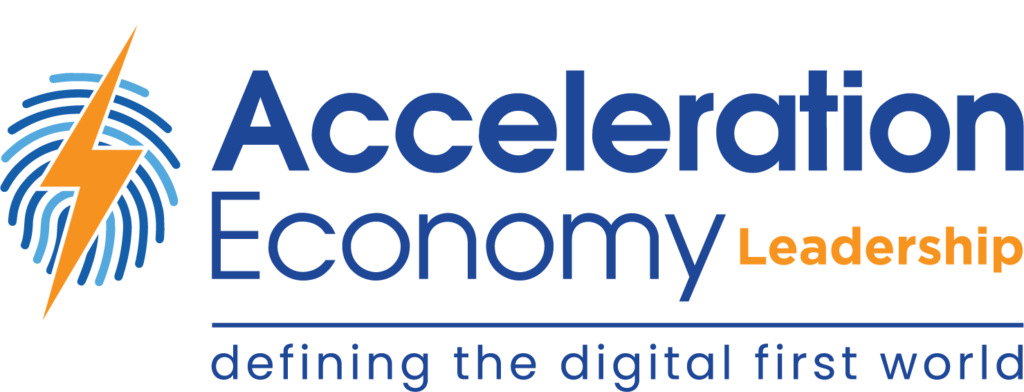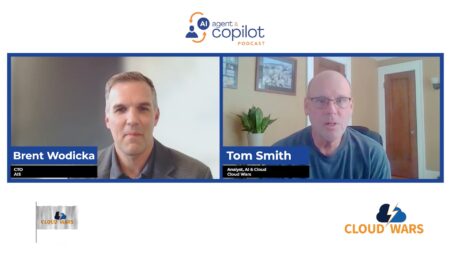Chief Financial Officers (CFOs) are risk managers. They watch cash flow, evaluate acquisition candidates, advise CEOs, influence investment, and establish rules for supplier selection.
For the chief procurement officer (CPO), the CFO’s role in evaluating suppliers typically has a big impact on innovation potential. Here is a tale of two of my former bosses and their differing styles toward the supplier community, and how these practices impacted the business.
Entrepreneurial Company, Rigid CFO
The first was the CFO for a professional services firm with a global brand. It was full of big thinkers, marketing itself as brimming with entrepreneurs. The CFO, on the other hand, was the epitome of caution. He had a rigid set of standards for everything that had served him well over the years, and he had no interest in changing it.
Want to make an investment? Here are the rules. Want to pitch a new idea? Come see me with a deck that follows these guidelines. And, of course, he had a set of rules for suppliers as well.
His supplier rules laid out the prerequisites by which vendors were brought on board:
- Successive years of positive financials
- A requisite level of growth
- Evidence of stability
As a result of these and other conditions, the only suppliers who could be considered were well-established companies. Time and again, the CFO pushed the firm to choose providers established 20 years ago. What a lost opportunity! Instead of innovative point solutions using artificial intelligence (AI) or other digital tools, the company had a plethora of big-box providers with clunky and non-intuitive technology that was born before the cloud and had to be adapted as platforms changed.
The CFO’s aversion to change was well-known and that meant that suppliers could only offer their best ideas and people to their other customers; we were rarely the “customer of choice.” They didn’t need to work hard to gain our business.
Process-Driven Company, Creative CFO
Fast-forward to a bio-pharma whose CFO was cut from a different cloth. Although her business was highly regulated and process-driven, she recognized that the best way to help her company was to leave room for innovation.
So she allowed — actually, encouraged — broad sweeps of different kinds of providers when the company was searching for help in a specific area. Now, she wasn’t about to give a massive chunk of business to a three-month-old startup, but she understood that investment and spending in people and technology were important in the early years and that she was not likely to see positive cash flow in a young business.
How did she mitigate risk?
- Put satisfactory financial controls were in place (an internal audit was a big help here).
- Required a look into the potential supplier’s financials and an understanding of the drivers. (For a firm that is losing money, is the trend positive so it is getting closer to a break-even? Or is it going in the opposite direction?)
- Avoided giving 100 percent of the business to the startup. There had to be a relationship established with other firms in the space so there was a place to go in the event the startup failed to deliver.
- Had a key leader from the firm participated in some way, usually on an advisory board.
- Conducted regular financial reviews and scrutiny.
This, of course, is a more expensive way to operate. Sometimes the startup failed to deliver, and a more established firm eventually got all the business.
But on the upside, the company enjoyed robust relationships with several innovative, forward thinking suppliers whose technology accelerated our business. And, as those suppliers succeeded, they brought their best ideas and new products to our business first.
Contrast this approach with the low-risk option, which can save money upfront but may be hurtful in the long run because it leaves little room for innovation.
Want more tech insights for the top execs? Visit the Leadership channel:










